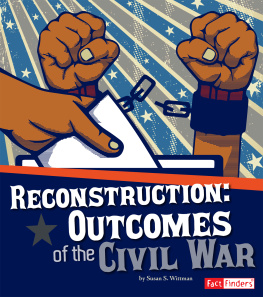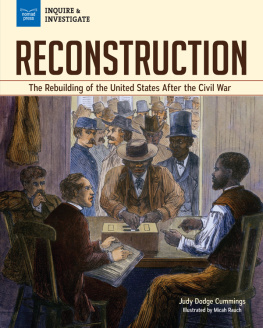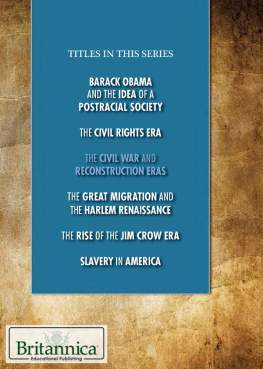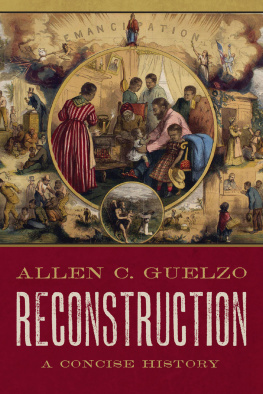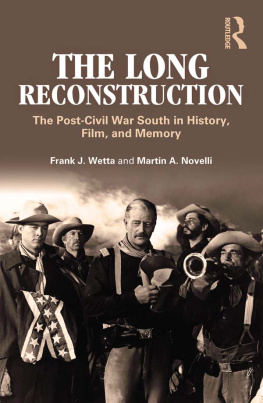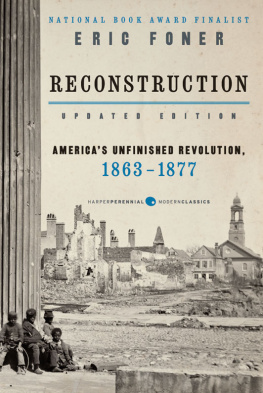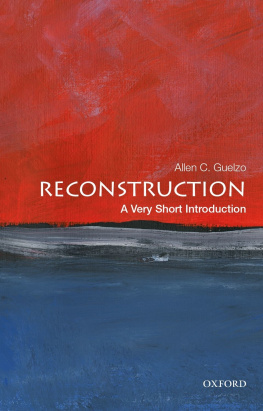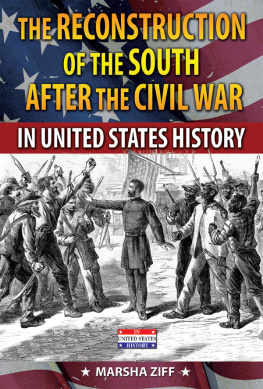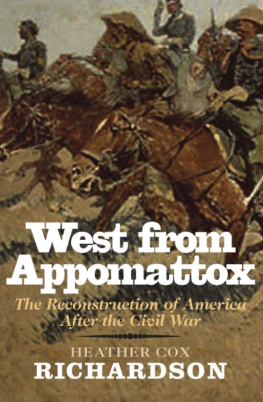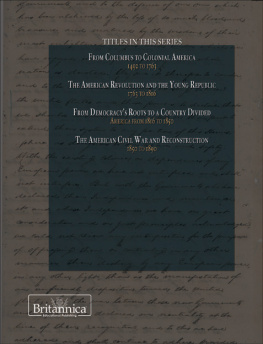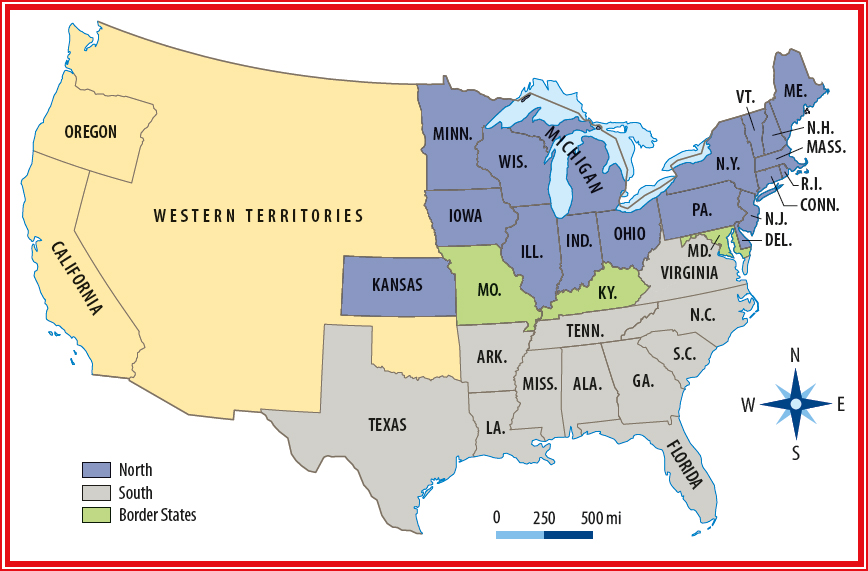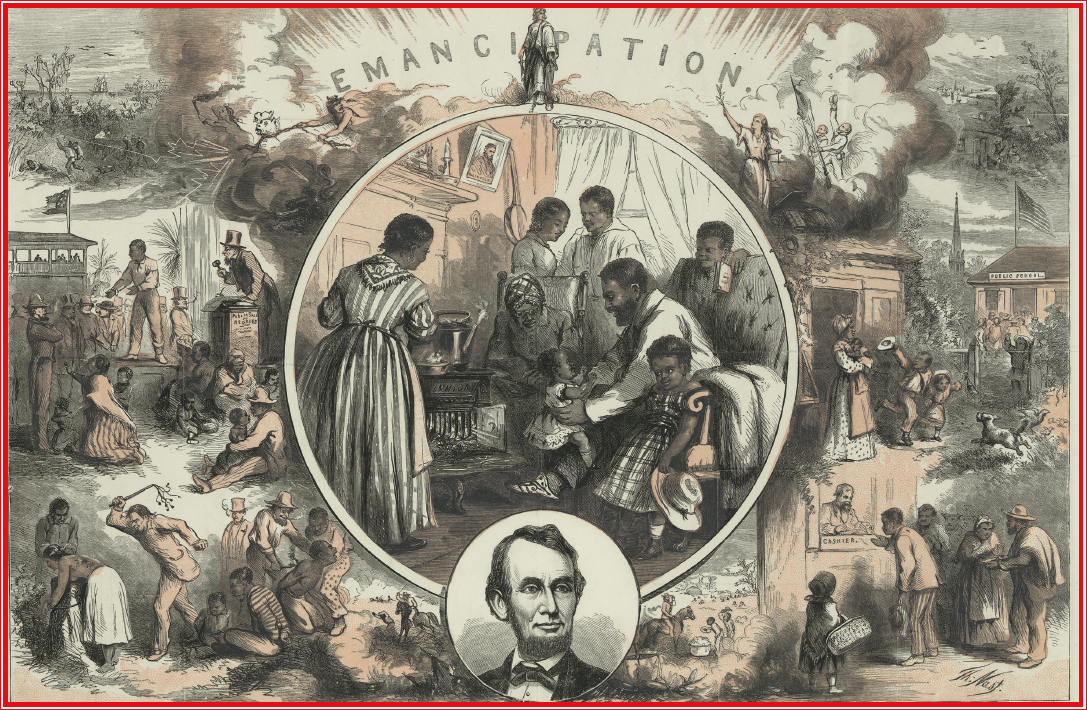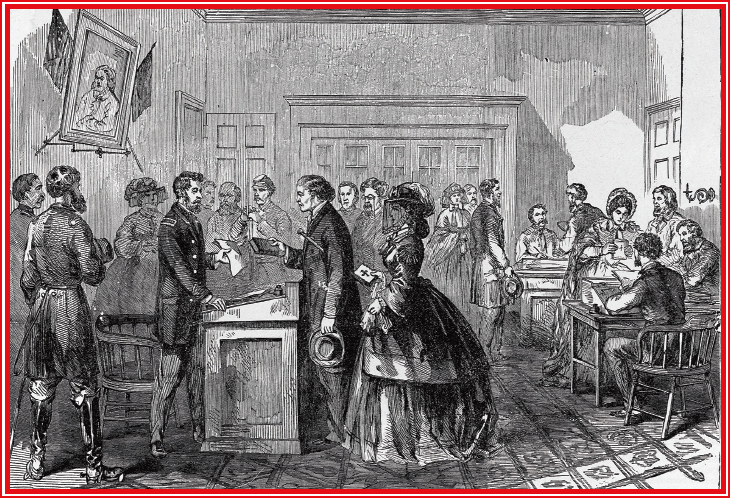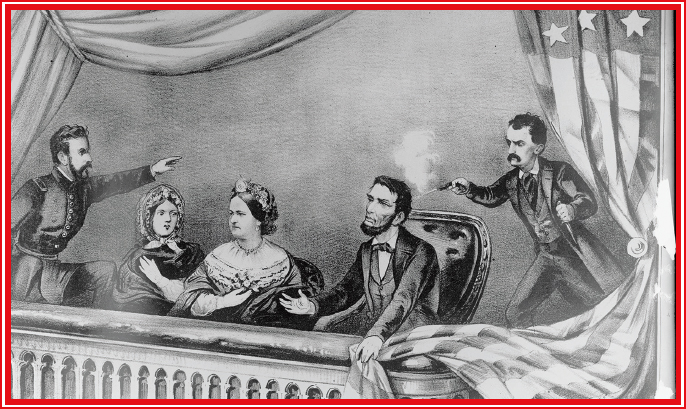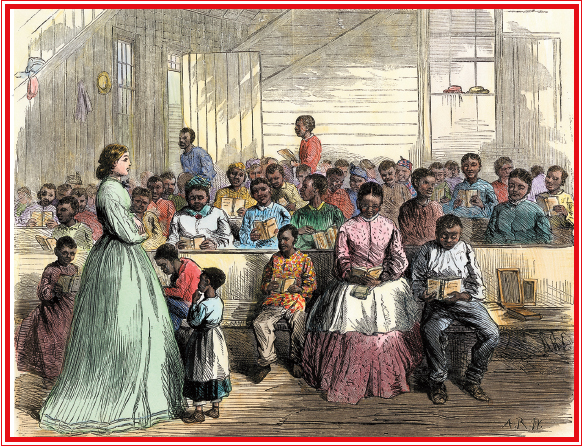1. Why were the Radical Republicans angry with President Johnson? Give details fromthe book to explain your answer. What did they do to try to stop him? (Key Ideasand Details)
2. Pick one part of the book that is very important. Why is it important? Use detailsfrom the book to explain your answer. (Craft and Structure)
3. On page 28, the author wrote, Freed African-Americans often had lives that werelittle better than slavery. Reconstruction tried to bring about equality but didnot succeed. What evidence and details are used to support this statement? Do youagree? Explain your thinking. (Integration of Knowledge and Ideas)
CHAPTER 1
THE CIVIL WAR ENDS
It was the morning of April 9, 1865. A defining moment in U.S. history had just occurred.Confederate General Robert E. Lee had surrendered to Union General Ulysses S. Grant.Lees surrender ended the U.S. Civil War that had lasted for more than four years.The Confederate Army had been overpowered. Lee knew his troops could not continuefighting. The generals met in Appomattox Court House, Virginia. For nearly two hours,General Grant wrote the terms of surrender, which both generals signed. The CivilWar was over.
The Union and the Confederate States of America had been fighting since 1861. TheCivil War started when 11 Southern states from the Union. They wanted togovern their own country. Confederate leaders thought the federal government hadtoo much power. They believed more power should go to the states. President AbrahamLincoln disagreed. He did not think the Constitution allowed states to leave theUnion. During the war that followed, hundreds of thousands of Americans lost theirlives.
secede : to withdraw formally from a group or an organization, often to form anotherorganization
BATTLE LINES
The 11 Southern states that left the United States in 18601861 are shown in gray.The Northern states are shown in blue. The border states (green) did not leave theUnion, but they were slave states.
| FAST FACTS | More Americans lost their lives in the Civil War than in any other war fought bythe United States. For many years historians believed that about 620,000 soldiersdied in the Civil War. But recently experts think that the number of deaths is closerto 750,000. |
Picking up the Pieces
Following the Civil War, Americans worked to rebuild the nation. This time is knownas the Era. It lasted for 12 years, from 1865 to 1877. The Southernstates and their governments also had to be rebuilt. The challenge to keep the Uniontogether did not end with the war.
Lincoln wanted to bring the Union together peacefully. However, he was faced withdifficult questions. How could he reunite the North and the South? How could he ensurethe rights of 4 million freed black people to attend school and get jobs? Lincolnwas thinking about these problems long before the war ended.
Reconstruction : the period of time, following the Civil War, when the U.S. governmenttried to rebuild Southern states
Emancipation means freedom. Lincoln worried about how the end of slavery would affect black men and women and their children.
CHAPTER 2
LINCOLN BEGINS RECONSTRUCTION
The Ten Percent Plan
Lincoln wanted to make it easy for Southern states to return to the Union. In December1863 Lincoln announced the Proclamation of Amnesty and Reconstruction. He saidthat if 10 percent of a states voters pledged loyalty to the Union, the state couldreturn. It could also have a new government. Lincolns plan was known as the TenPercent Plan.
Citizens of Charleston, South Carolina, are shown taking the Oath of Allegiance following the Civil War.
Some members of . They believedConfederate officials had no right to vote or hold public office. These members wantedstrict control of the Southern states. They were known as Radical Republicans.
The 51 percent bill passed, but Lincoln it. He did not want to slow down Reconstruction.But Lincoln did not live to see the Southern states rejoin the Union. On April 14,1865, he was shot by John Wilkes Booth. Lincoln died the next day.
Actor John Wilkes Booth shot Lincoln at Fords Theater in Washington, D.C.
Congress : the government body of the United States that makes laws, made up of theSenate and the House of Representatives
oath : a serious, formal promise
veto : the power or right to stop a bill from becoming law
Supporting Freed Slaves
The 13th Amendment
students at a Freedmens Bureau school in Mississippi in the 1860s
The 13th Amendment to the Constitution slavery throughout the United States.It was approved January 31, 1865. The amendment said slavery could not exist unlessit was a punishment for a crime. Former Confederate states had to approve the amendmentin order to rejoin the Union. The amendment was officially adopted in December 1865.
The Freedmens Bureau helped many Southerners after the war. But its most importanttask was to help former slaves. Many people relied on the Bureau. It helped peoplefind emergency shelter, food, or clothing. It also provided medical care and legaladvice. The Freedmens Bureau tried to help black people get land. It helped openschools in black communities.
abolish : to put an end to something officially
Forty Acres and a Mule
During the war thousands of black refugees had followed General William T. Shermansarmy. In January 1865 Sherman and Secretary of War Edwin M. Stanton met with leadersof the black community in Savannah, Georgia. They discussed the future of formerslaves.

